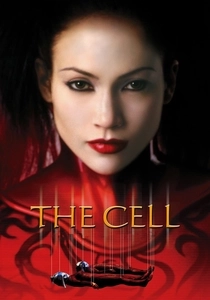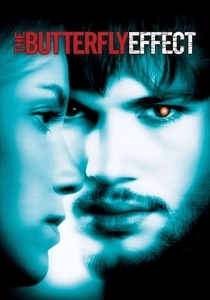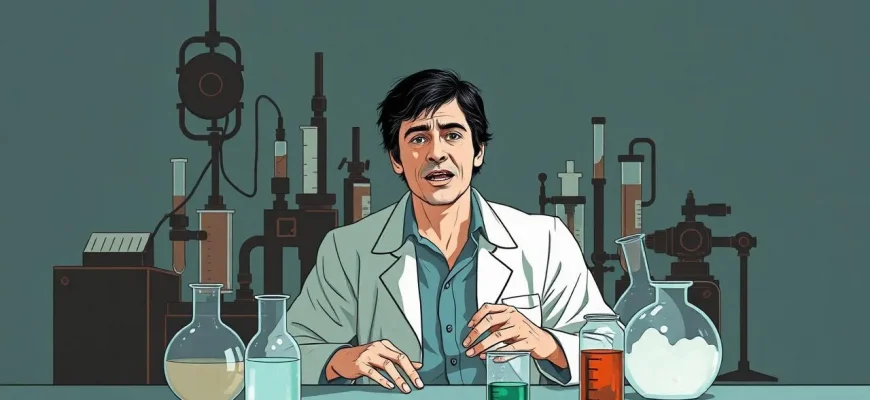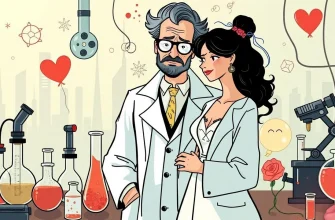Dive into the heart-wrenching world of human experimentation with our curated list of melodramatic films. These movies not only entertain but also provoke thought, exploring the ethical boundaries of science and the human spirit's resilience. Whether it's a tale of love, loss, or redemption, each film in this collection delves into the profound impacts of experimental science on individuals and society.

Awakenings (1990)
Description: Based on a true story, this film follows a doctor who uses an experimental drug to awaken catatonic patients. It's a touching narrative about human connection and the quest for a cure.
Fact: The film is based on Oliver Sacks' memoir of the same name, detailing his work with encephalitis lethargica survivors.
 Watch Now
Watch Now 
The Cell (2000)
Description: A psychologist enters the mind of a comatose serial killer to save his latest victim, delving into experimental therapy techniques. The film's surreal visuals and emotional depth make it a unique entry in this collection.
Fact: The film's visual effects were groundbreaking for their time, earning it an Academy Award nomination for Best Visual Effects.
 Watch Now
Watch Now 
The Butterfly Effect (2004)
Description: While not strictly about human experimentation, this film explores the consequences of altering one's past, which can be seen as an experiment on one's own life. The emotional turmoil and the ripple effects of time manipulation make it a fitting addition.
Fact: The film has several alternate endings, with the director's cut providing a darker conclusion.
 Watch Now
Watch Now 
The I Inside (2004)
Description: After waking up from a coma, a man discovers he can travel through time, exploring the consequences of altering events. This film's experimental narrative structure and emotional depth fit well with the theme.
Fact: The film was adapted from the novel "The Mind Game" by Philip K. Dick.
 Watch Now
Watch Now 
The Island (2005)
Description: In a dystopian future, clones are raised to serve as organ donors, but one clone discovers the truth and seeks freedom. This film blends action with melodramatic elements, exploring themes of identity and freedom.
Fact: The film was inspired by several works including "Brave New World" by Aldous Huxley and "The Clonus Horror."
 Watch Now
Watch Now 
Never Let Me Go (2010)
Description: Based on Kazuo Ishiguro's novel, this film tells the story of students at a secluded English boarding school who are clones, raised to donate their organs. It's a poignant exploration of love, loss, and the ethics of human cloning.
Fact: The film was shot in various locations in England, including the boarding school scenes at the historic Holkham Hall.
 Watch Now
Watch Now 
The Lazarus Effect (2015)
Description: A group of researchers bring a subject back to life, only to face unintended consequences. This film delves into the ethical and emotional ramifications of playing God with life and death.
Fact: The film was originally titled "Reanimate" during production.
 Watch Now
Watch Now 
The Experimenter (2015)
Description: This biographical drama focuses on Stanley Milgram, who conducted controversial experiments on obedience to authority figures. It's a thought-provoking look at the ethics of psychological experiments.
Fact: The film uses a unique narrative style, blending documentary elements with dramatic reenactments.
 Watch Now
Watch Now 
The Experiment (2001)
Description: This German film, remade in English, explores the psychological effects of power and obedience when a group of men participate in a simulated prison experiment. The film's intense portrayal of human behavior under extreme conditions makes it a compelling addition to this list.
Fact: The film is based on the real-life Stanford prison experiment conducted in
 30 Days Free
30 Days Free 
The Jacket (2005)
Description: A Gulf War veteran subjected to experimental treatments in a mental institution experiences visions of the future. This film intertwines time travel with psychological drama, exploring themes of memory and identity.
Fact: Adrien Brody lost significant weight for his role to portray the character's physical and mental deterioration.
 30 Days Free
30 Days Free 








